The Plight Of IDF Soldiers Held Captive In Gaza
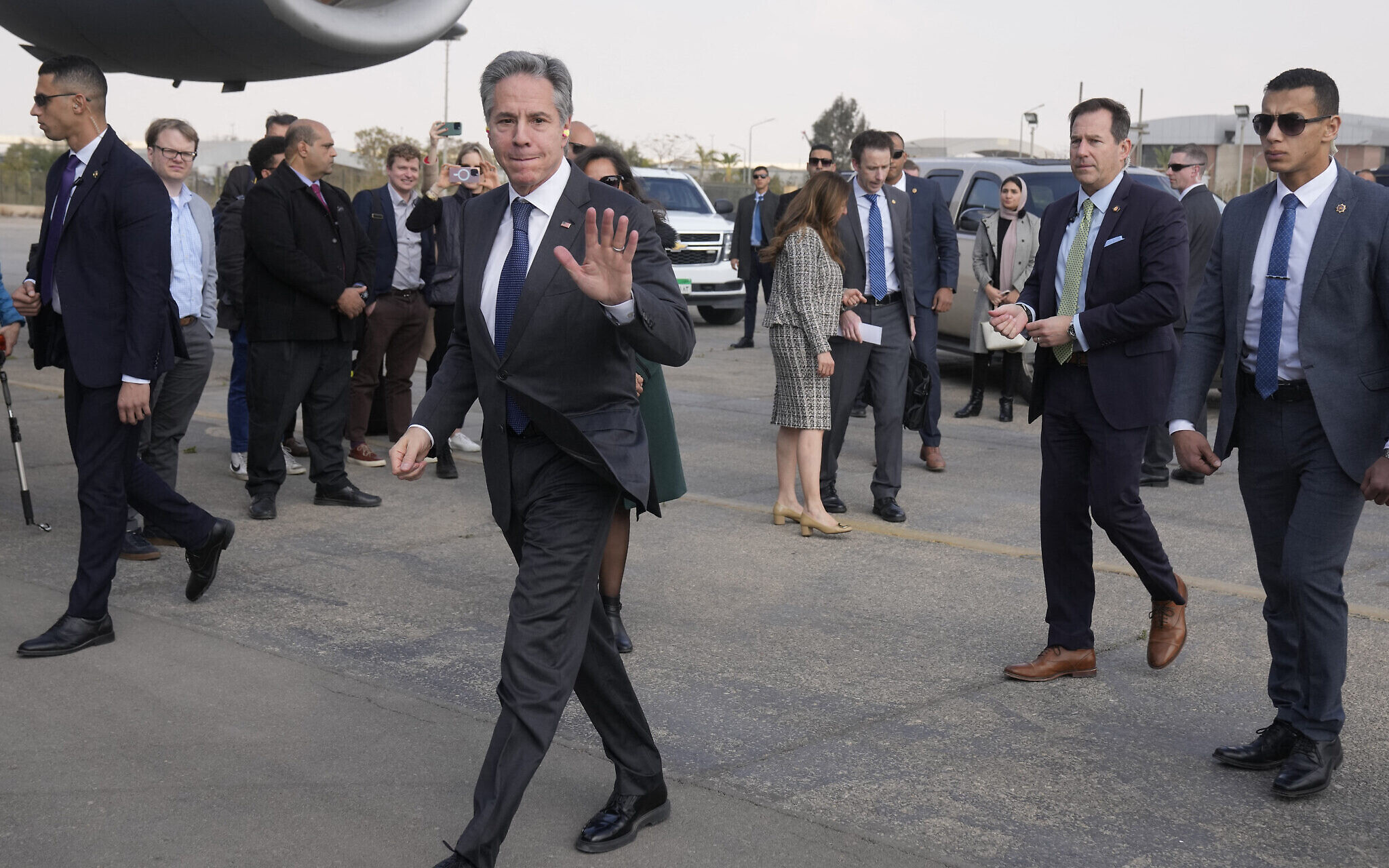
Table of Contents
The Humanitarian Concerns Facing Captive IDF Soldiers
The well-being of the IDF soldiers held captive in Gaza is paramount. Their prolonged detention raises serious concerns about their physical and mental health, their treatment under international law, and the devastating impact on their families.
Physical and Mental Health
The conditions of captivity for IDF soldiers in Gaza are likely to pose significant risks to their physical and mental well-being.
- Malnutrition: Prolonged confinement often restricts access to nutritious food, leading to malnutrition and weakening of the immune system.
- Lack of Medical Care: Denial of adequate medical attention can exacerbate existing health conditions and lead to preventable complications. Reports of torture and inhumane treatment further compound these risks.
- Psychological Trauma: The psychological impact of captivity, including potential torture, isolation, and uncertainty, can be severe and long-lasting, leading to post-traumatic stress disorder (PTSD) and other mental health issues. Studies have shown a high incidence of PTSD among former prisoners of war.
These conditions represent a clear violation of basic human rights and international humanitarian law. Independent verification of the soldiers' health is urgently needed.
Treatment Under International Law
The Geneva Conventions establish clear rules regarding the treatment of prisoners of war. The captivity of IDF soldiers in Gaza must be assessed in light of these international legal frameworks.
- Article 3 Common to the Geneva Conventions: This article dictates humane treatment, regardless of the nature of the conflict. This includes prohibiting torture, cruel treatment, and degrading conditions.
- Protection from Violence and Abuse: The conventions strictly prohibit any form of violence, torture, or ill-treatment against prisoners of war.
- Access to Medical Care: Captives are entitled to adequate medical care, equal to that provided to the detaining power's own armed forces.
Any violation of these fundamental principles constitutes a grave breach of international humanitarian law and demands accountability. International organizations and legal experts should actively monitor the situation and advocate for the adherence to these provisions.
The Impact on Families
The families of the captive IDF soldiers bear a heavy emotional and practical burden.
- Intense Anxiety and Uncertainty: The lack of information about their loved ones' conditions fuels constant anxiety and uncertainty.
- Financial Strain: Families often face significant financial burdens, including travel costs to advocate for their release and maintaining contact.
- Emotional Toll: The emotional toll on families is immeasurable, ranging from intense grief and fear to feelings of helplessness and isolation.
Support networks and government assistance are crucial for alleviating these burdens and providing a framework for navigating this challenging period.
The Geopolitical Implications of Captive IDF Soldiers
The captivity of IDF soldiers in Gaza has far-reaching geopolitical implications, impacting negotiations, the Israeli-Palestinian conflict, and the international community's response.
Negotiations and Diplomatic Efforts
Securing the release of the IDF soldiers requires complex and delicate negotiations.
- Involved Parties: The negotiations involve various stakeholders, including Israeli and Palestinian authorities, mediators, and potentially international organizations.
- Obstacles to Negotiations: Obstacles can include conflicting interests, mistrust between parties, and the potential for demands exceeding the scope of humanitarian concerns.
- Potential Breakthroughs: Any progress hinges on mutual willingness to engage in good-faith negotiations and prioritize the safe return of the soldiers.
Transparency and international involvement are vital for fostering trust and facilitating a successful outcome.
Impact on the Israeli-Palestinian Conflict
The situation significantly exacerbates the Israeli-Palestinian conflict.
- Increased Violence and Escalation: The captivity could trigger retaliatory actions and escalate existing tensions.
- Public Opinion: The situation influences public opinion on both sides, shaping narratives and fueling animosity.
- Peace Process: The soldiers’ capture undermines efforts toward a peaceful resolution and strengthens hardline positions on both sides.
Addressing this crisis requires a concerted effort to de-escalate tensions and promote dialogue.
International Community's Response
The international community plays a vital role in resolving this crisis.
- Statements and Condemnations: International organizations and governments have issued statements condemning the captivity and calling for the soldiers' safe return.
- Mediation and Diplomacy: International actors can provide mediation and facilitate dialogue between conflicting parties.
- Pressure on Detaining Parties: International pressure can encourage the release of the soldiers through diplomatic channels and targeted sanctions.
Continued and strengthened international involvement is critical to resolving the crisis and holding those responsible accountable.
Calls for Action and Potential Solutions
Addressing the plight of IDF soldiers captive in Gaza requires a multifaceted approach.
Advocacy and Awareness
Raising awareness and advocating for the soldiers' release are crucial steps.
- Contacting Representatives: Contacting government representatives to demand action is an effective way to exert pressure.
- Supporting Relevant Organizations: Supporting humanitarian organizations working on this issue helps sustain efforts for their release.
- Sharing Information: Spreading awareness through social media and other channels increases public pressure.
International Pressure and Diplomacy
Continued international pressure and diplomatic engagement are vital.
- Targeted Sanctions: International sanctions can be used to pressure the detaining parties to release the soldiers.
- Mediation Efforts: International organizations should actively engage in mediation efforts to facilitate a peaceful resolution.
- Humanitarian Aid: Providing humanitarian aid to address the soldiers’ immediate needs can encourage cooperation.
Long-Term Solutions for Preventing Future Captures
Preventing future incidents requires a long-term approach.
- Enhanced Security Measures: Improving security protocols along the border to minimize future captures.
- Addressing Root Causes of Conflict: Resolving the underlying political and social issues driving the conflict to prevent similar incidents.
- Dialogue and Reconciliation: Promoting dialogue and reconciliation between Israelis and Palestinians is crucial.
Conclusion
The plight of IDF soldiers captive in Gaza represents a dire humanitarian situation with severe geopolitical implications. The physical and mental well-being of the soldiers is critically endangered, while their families endure unimaginable suffering. The situation exacerbates the Israeli-Palestinian conflict and undermines international efforts for peace. To address this crisis effectively, we must urgently raise awareness, advocate for their release, and engage in sustained diplomatic pressure. The safe return of the IDF soldiers held in Gaza, the release of IDF soldiers from Gaza, and the ultimate release of Gaza captive soldiers must be prioritized. Let us remain committed to a peaceful resolution that prioritizes human life and respects international law. Join the call to action; contact your representatives, support relevant organizations, and help spread awareness to ensure the safe return of these soldiers and work towards long-term solutions for peace in the region.

Featured Posts
-
 Tonton Live Streaming Moto Gp Inggris 2025 Sprint Race Jam 20 00 Wib
May 26, 2025
Tonton Live Streaming Moto Gp Inggris 2025 Sprint Race Jam 20 00 Wib
May 26, 2025 -
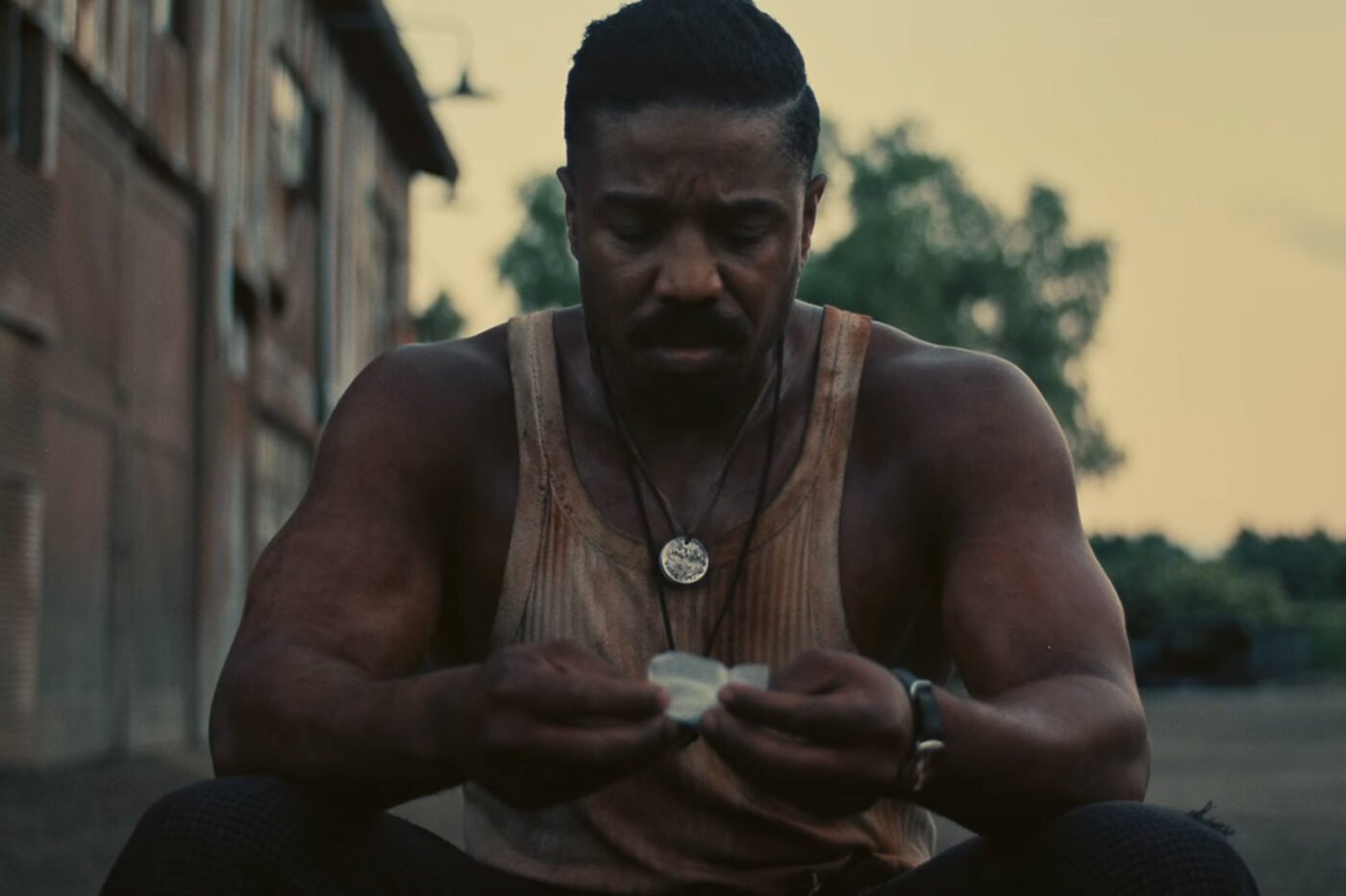 Get Ready For Sinners A Louisiana Horror Movie Hitting Theaters
May 26, 2025
Get Ready For Sinners A Louisiana Horror Movie Hitting Theaters
May 26, 2025 -
 Boe Rate Cut Bets Diminish Driving Pound Higher Post Uk Inflation Announcement
May 26, 2025
Boe Rate Cut Bets Diminish Driving Pound Higher Post Uk Inflation Announcement
May 26, 2025 -
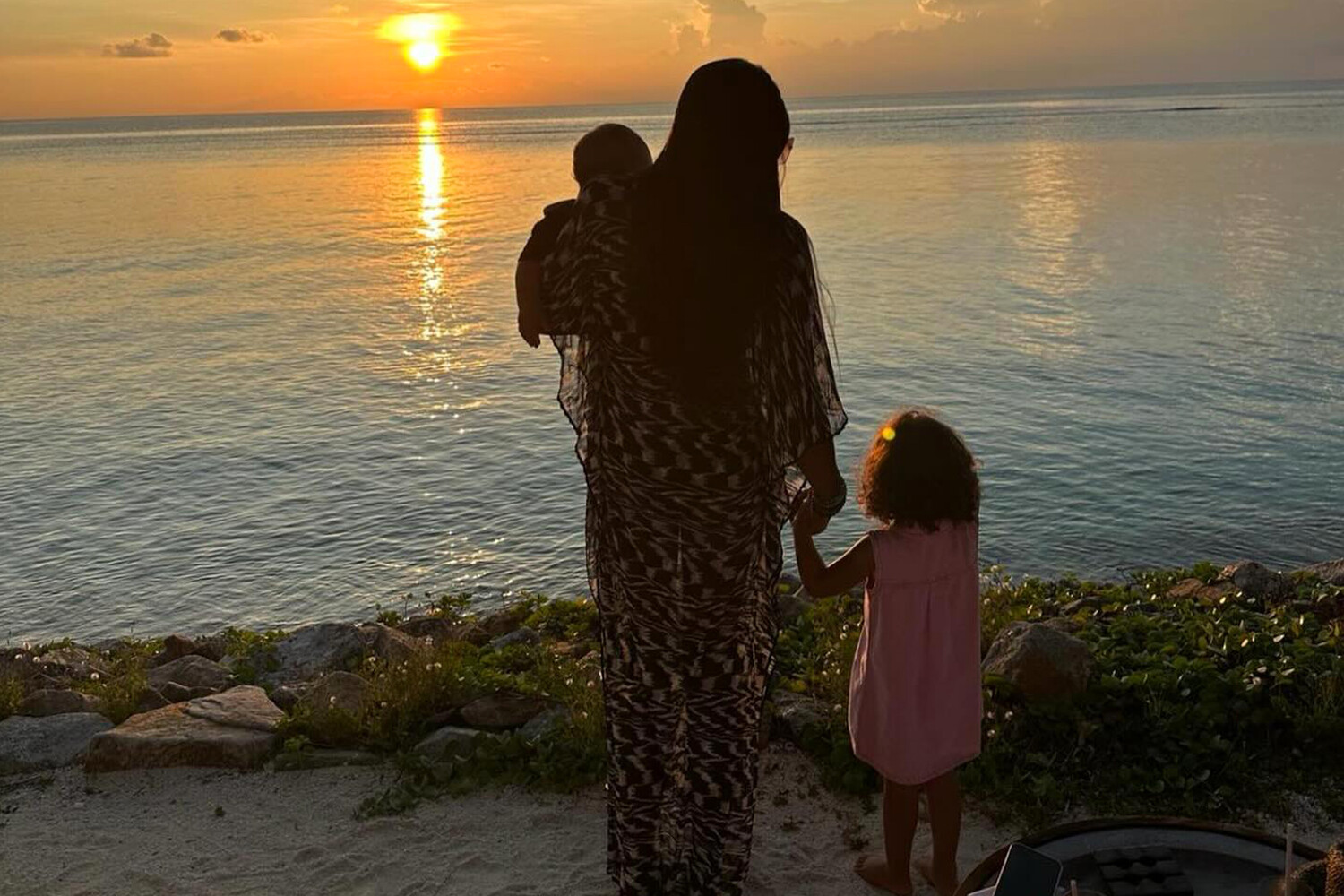 Novye Foto Naomi Kempbell S Detmi Slukhi O Romane S Millionerom Poluchayut Razvitie
May 26, 2025
Novye Foto Naomi Kempbell S Detmi Slukhi O Romane S Millionerom Poluchayut Razvitie
May 26, 2025 -
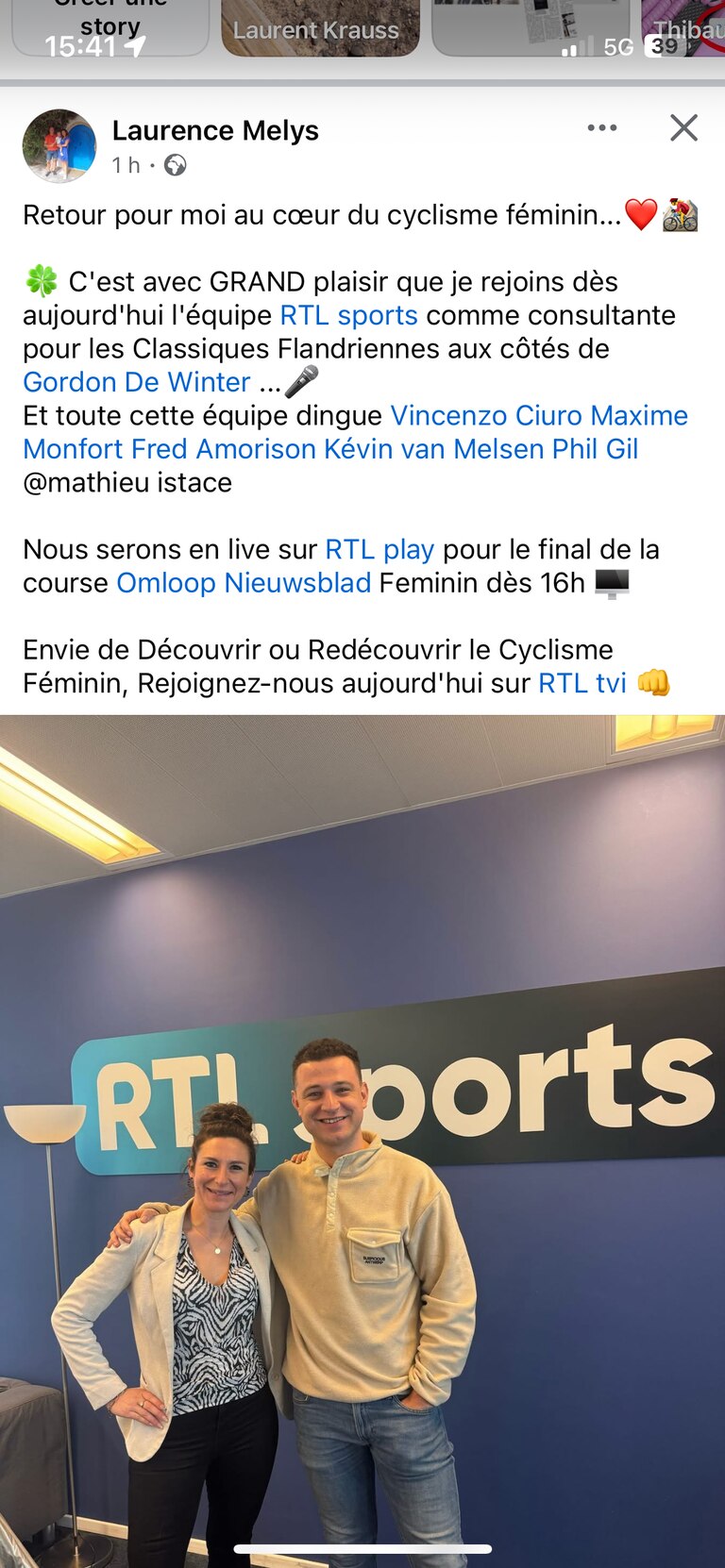 Rtl Cyclisme Le Point De Vue Unique De Laurence Melys
May 26, 2025
Rtl Cyclisme Le Point De Vue Unique De Laurence Melys
May 26, 2025
Latest Posts
-
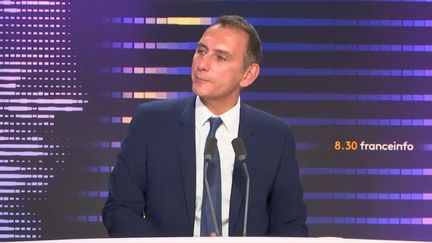 Le Mandat De Laurent Jacobelli Depute De La Moselle Et Vice President Du Groupe Rn
May 30, 2025
Le Mandat De Laurent Jacobelli Depute De La Moselle Et Vice President Du Groupe Rn
May 30, 2025 -
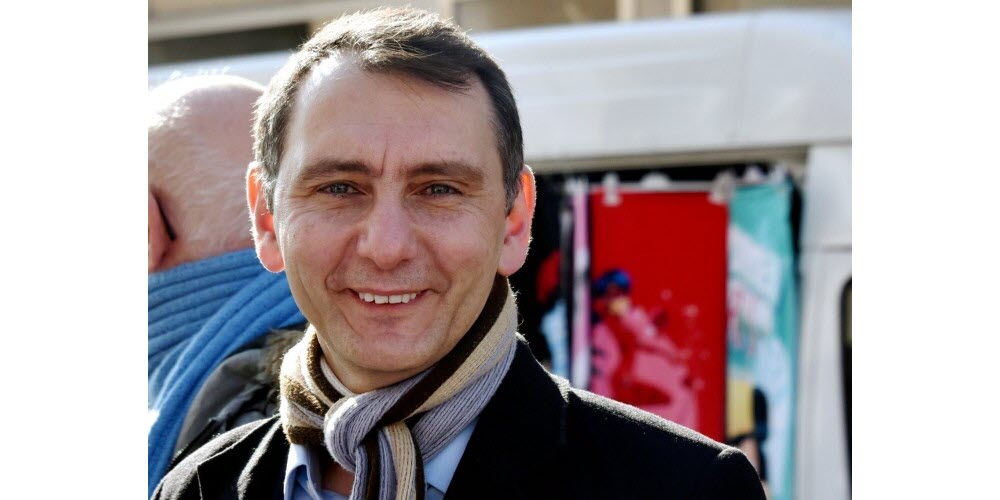 Biographie De Laurent Jacobelli Depute Rn De La Moselle
May 30, 2025
Biographie De Laurent Jacobelli Depute Rn De La Moselle
May 30, 2025 -
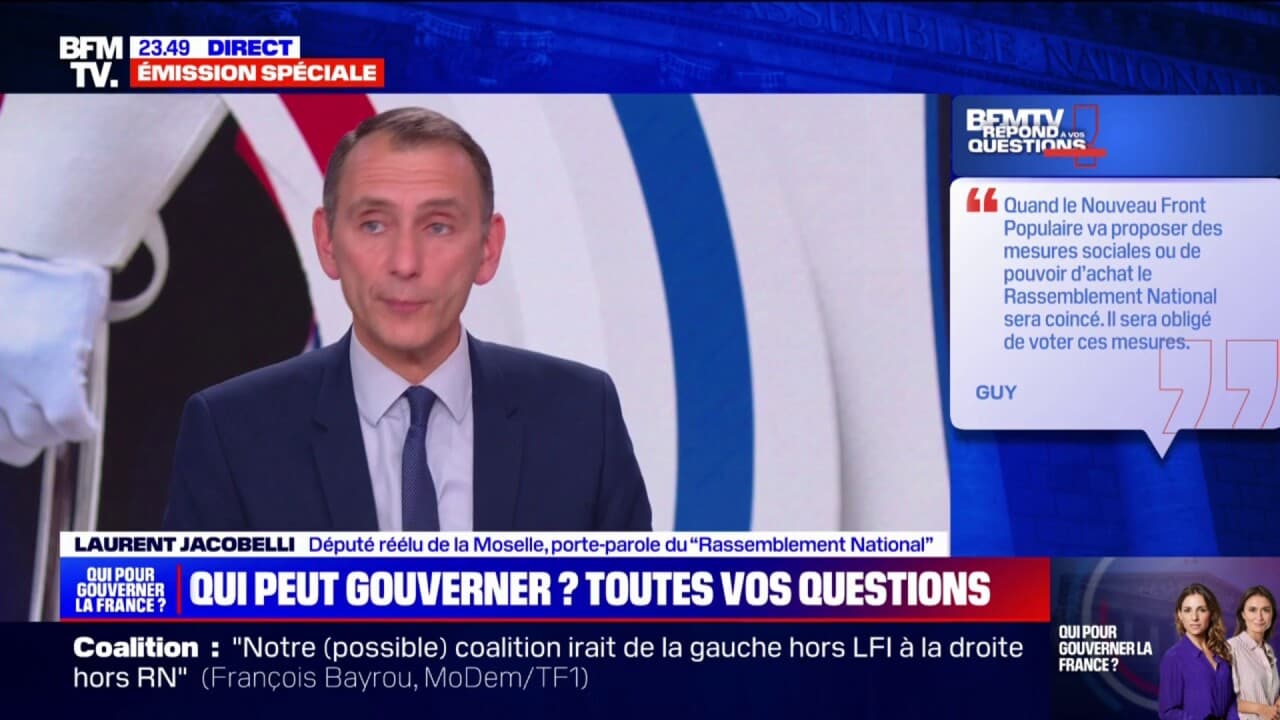 Laurent Jacobelli Rn Son Role De Vice President A L Assemblee Nationale
May 30, 2025
Laurent Jacobelli Rn Son Role De Vice President A L Assemblee Nationale
May 30, 2025 -
 Laurent Jacobelli Depute Rn Vice President Du Groupe A L Assemblee Nationale
May 30, 2025
Laurent Jacobelli Depute Rn Vice President Du Groupe A L Assemblee Nationale
May 30, 2025 -
 Andre Agassi Cambio De Cancha Misma Pasion
May 30, 2025
Andre Agassi Cambio De Cancha Misma Pasion
May 30, 2025
